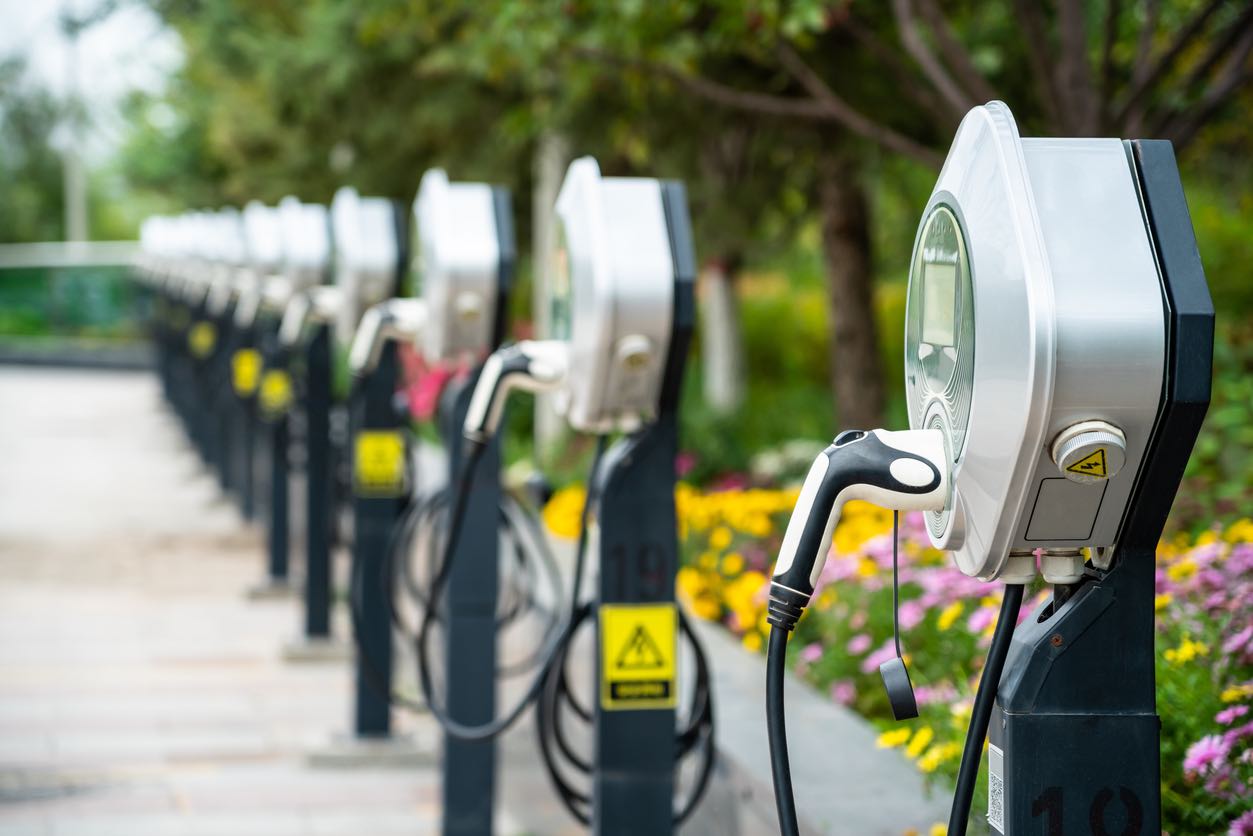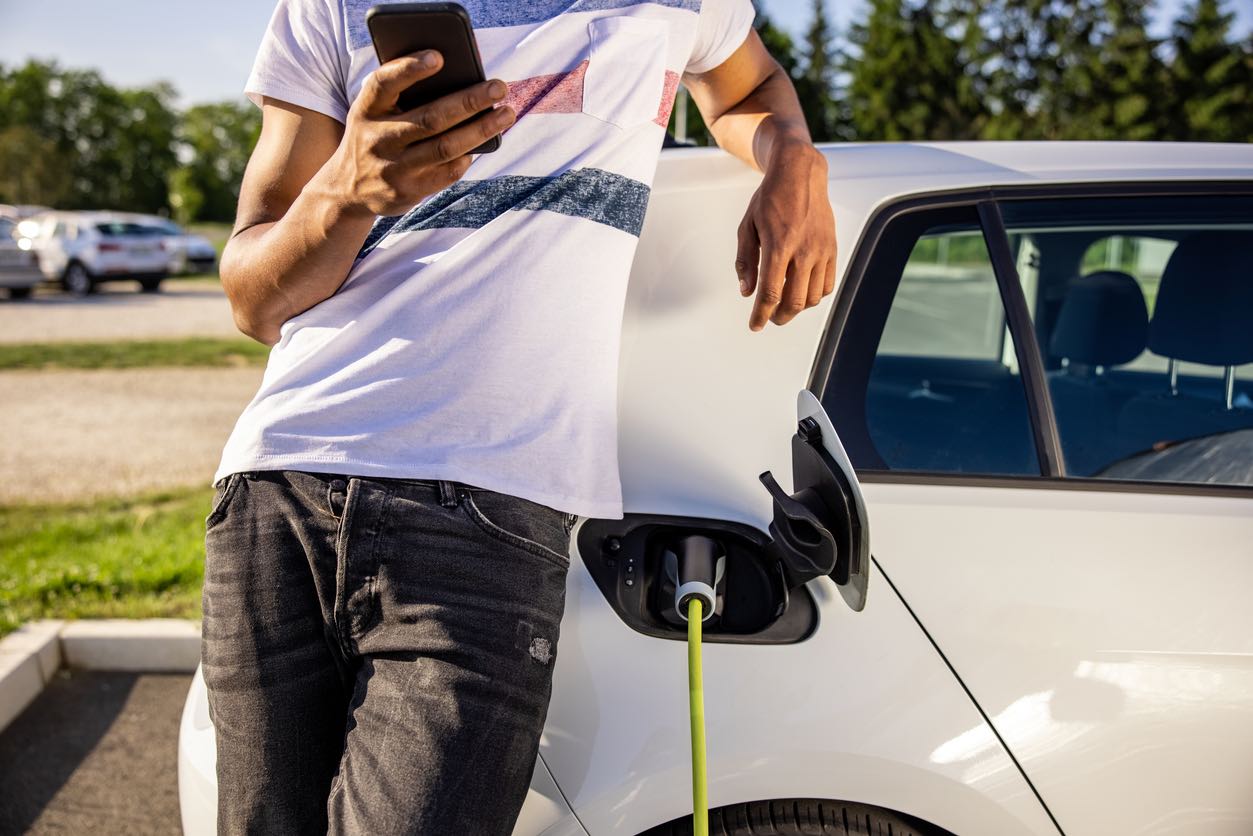The automotive industry has always been a dynamic, ever-evolving industry that pushes limits and adjusts to the demands of society. Electric vehicles (EVs) took center stage around the turn of the century, signaling the beginning of a new era of innovation. Particularly in the United States, there is a seismic shift occurring in the country’s choices for automobiles as we get closer to a sustainable future. Previously a specialized sector dominated by early adopters and environmentalists, EVs are becoming more and more commonplace and have an impact on every market category, from luxury to economy.
The epitome of this electric revolution, Tesla, has been a major force for change rather than only a bystander. Customer expectations have been redefined by their daring actions and unwavering pursuit of excellence. They are now in a position to further democratize the electric dream with their most recent strategic price revamp. The conventions around traditional automobile ownership are being challenged as leasing becomes more popular and provides consumers with a more flexible way to experience the electric wave. This article explores the core of these developments in great detail, analyzing Tesla’s revolutionary choices, the appeal of leasing an electric vehicle, and the larger ramifications for the US car industry.

Price points are a powerful instrument in the constantly changing automotive market for drawing in and keeping customers. The legendary Tesla brand, which is synonymous with electric cars, has changed its prices once more to make its cars more affordable and appealing to prospective customers. The most recent changes to Tesla’s pricing strategy for its well-known models are discussed in this section.
Tesla’s Price Strategy in 2023: Tesla’s attitude to market dynamics has consistently demonstrated its strategic vision. The manufacturer of electric cars is strengthening its dedication to affordability as 2023 unfolds. Once considered high-end electric choices, the prices of the Model 3 and Model Y have changed. With prices of $38,990 and $43,990, respectively, they now offer unheard-of value in addition to cutting-edge technology.
New Monthly Payments: A consumer’s decision to lease is mostly influenced by the amount of money due each month. Tesla adjusted their lease arrangements assertively after realizing this. The Model 3, which debuted this year at $399 per month, had a series of price cuts before landing at a tempting $329. Not to be overshadowed, the Model Y saw a sharp decline in less than a month, going from $499 to a much more affordable $399.
Factors to Note: There are important considerations prospective lessees should be aware of, even if these price reductions unquestionably make Tesla’s offers more alluring. For both models, a down payment of $4,500 is still required. Additionally, even though leasing is a common option for many, it’s important to remember that it’s not available in seven states. Local dealership restrictions in states like Delaware and Kentucky, among others, prohibit Tesla leasing; therefore, prospective customers in these areas must look into other avenues of acquisition.
Tesla’s dedication to elevating electric transportation to the forefront of the US car industry is reaffirmed by these calculated price moves. They are supporting the wider shift to environmentally friendly transportation by improving their financing options on a constant basis in addition to promoting their cars.

Leasing is at the forefront of this paradigm shift in the automobile industry, particularly in the EV space. Leasing is becoming a more appealing option for people who are uncertain about the long-term viability of owning an electric vehicle (EV) as consumers become more discerning in their selections.
Current Leasing Trends: There has been a noticeable increase in the desire to lease electric cars during the last 12 months. The stats speaks volumes: 22% of new EVs found homes through leasing agreements in June 2023. When one compares this to a lower 13% in June 2022, it becomes evident that this flexible acquisition approach is gaining traction. This growing tendency is not only a fad; rather, it reflects how consumers’ attitudes are shifting in response to the quickening pace of technology innovation and the dynamically changing infrastructure.
The Appeal of Short-Term Commitment: For many people, stepping into the realm of electric vehicles might feel like a strange experience. There are worries such as: “What if the charging infrastructure doesn’t keep pace?” , “What about potential advancements in battery technology rendering my model outdated?” , and “Am I ready for a long-term commitment to a technology I’m unfamiliar with?” . In this situation, leasing appears to be a safety net. It provides a bridge so that prospective EV buyers may toe the water without jumping in too deep. The appeal is obvious: embrace the electric vehicle revolution while maintaining the flexibility to change course in response to new development.
Tesla Model 3’s Milestone: The Tesla Model 3 represents the electric vehicle movement and is more than simply another automobile. Its latest price reduction has made it even more affordable, but it also has a bonus: it is now the ninth most-leased car in the United States. This is evidence of the rising popularity of electric cars as well as a gain for Tesla. Breaking long-standing conventions and paving the way for a day when EVs aren’t the alternative but the mainstream, an EV has for the first time broken into the top 10 list of leased vehicles.

One factor has continuously pushed customers toward adoption of electric vehicles (EVs) in the rapidly changing world of EVs: the appeal of tax incentives. Many Americans’ purchasing decisions are greatly influenced by these financial incentives, which are sometimes eclipsed by conversations about the environmental advantages or EV performance.
Federal Tax Credit and Its Influence: The present federal tax credit lowers the cost of shifting to an electric vehicle (EV) by a substantial $7,500 for customers. In order to close the affordability gap between EVs and conventional gasoline-powered cars, this incentive is essential. There is a twist to the story, though. Tesla, always at the forefront of the EV market, anticipates an adjustment in the Model 3’s eligibility for this credit in the year to come. The company speculates that changes in battery material procurement, with a greater emphasis on components acquired from abroad, may be the driving force for this change.
A Glimpse into Beneficial Loopholes for Lessees: Leasing has become more appealing to customers than owning, and lessees unintentionally benefit from the tax credit system. Due to a specific regulatory loophole, individuals who opt to lease an EV may still be able to receive the entire $7,500 tax credit even if the vehicle isn’t eligible for the credit when purchased outright. Due to this peculiarity in the system, leasing becomes a more appealing alternative financially. It’s understandable why a lot of people are choosing this path when you consider the additional advantages like flexibility and less long-term commitment.
Customers may choose more wisely if they are aware of the complex web of laws and incentives pertaining to EVs. The tax credit system, with its nuances and loopholes, provides obstacles as well as opportunities, demonstrating its pivotal role in the EV landscape. See our earlier blog entry, 2024 EV Rebates in the U.S.: How Instant Discounts Boost Electric Car Sales, for more information on the EV tax credit for that year.

Innovations in electric vehicle technology go beyond advancements in driving range or battery technology. There is a paradigm change taking place in the whole automotive ownership business, giving consumers more flexible and commitment-free methods to drive electric vehicles. This changing tendency may alter our perception of ownership in addition to the way we purchase automobiles.
Hyundai’s Groundbreaking Initiative: Hyundai has long been renowned for taking a progressive stance, and this instance is no different. Seeing that demand in EV leasing was growing, they introduced a novel month-to-month EV “subscription” program. In contrast to conventional leasing arrangements that bind customers for an extended period, Hyundai’s product offers unmatched versatility. This month-to-month arrangement is especially appealing to individuals who are hesitant to completely embrace the electric shift because it significantly reduces the long-term commitment.
Diverse Players Venturing into the Subscription Arena: The big automakers aren’t the only ones controlling the subscription EV market. As this tendency develops, enterprising startups like Autonomy are eager to capitalize. By providing monthly subscriptions across a wide range of EV manufacturers, Autonomy breaks the paradigm of locking customers onto a single brand or model. Their approach highlights an important point: the future of electric vehicles (EVs) lies not just in their superior technological capabilities but also in their ability to change the entire nature of car consumerism to become more flexible, configurable, and user-focused.
With their departure from the traditional buy vs. lease debate, these cutting-edge EV subscription plans offer a bright future. In this world, choosing is easy, dedication doesn’t take years, and achieving sustainability only requires a membership.

The American auto industry is rapidly becoming dominated by electric vehicles. As pioneers like Tesla recalibrate pricing strategies and innovators introduce flexible leasing alternatives, it’s indisputable: EVs are not tomorrow’s aspiration but today’s reality. When you combine that with the attractiveness of large tax breaks, it’s easy to see why more and more Americans are quickly choosing electric vehicles.
However, owning an EV entails more than simply buying or renting one. Transporting these electric marvels—whether they be trucks, automobiles, SUVs, or even golf carts—requires careful planning and attention to detail. Presenting Ship A Car, Inc. (SAC), your dependable ally in handling this obstacle. SAC is the industry leader in electric vehicle transportation, covering the whole United States, including the far-flung regions of Hawaii and Alaska. Their excellent A+ rating from the Better Business Bureau is a testament to their persistent dedication to quality. When you choose SAC, you’re choosing a seamless experience that ensures the safe, prompt, and effective transportation of your electric vehicle. You’re not simply picking a transport service.
Therefore, it is crucial to ensure the safe transportation of your car as you embrace the electric revolution. Ship A Car, Inc. is prepared to help with any make and model of electric vehicle, including Teslas, Hyundais, and other models. No matter the pick-up or delivery location, SAC’s nationwide coverage ensures they’ve got you covered. For all of your EV transportation needs, pick Ship A Car, Inc. with its competence and experience. After all, when you invest in the best, you should expect nothing less in its care and transportation.
- How much does it currently cost on a monthly basis to lease a Tesla Model 3 or Model Y, considering that Tesla has lowered its leasing prices? The monthly payment for a Model 3 is now $329, while the monthly payment for a Model Y is $399.
- What are some of the reasons that more individuals are opting to lease electric vehicles rather than buy them? Leasing, which requires a commitment for a shorter period of time, is more appealing given the inadequate charging infrastructure and the unfamiliarity with owning an electric vehicle.
- Does the company Ship A Car, Inc. have a reliable reputation in the field of shipping electric vehicles? Without a doubt! Ship A Car, Inc. has maintained an excellent A+ rating with the Better Business Bureau, which demonstrates the company’s dependability and superiority in the field of transporting electrically powered vehicles.




